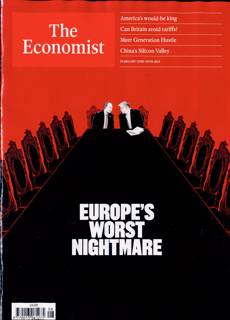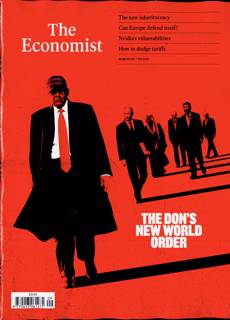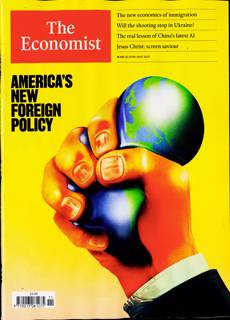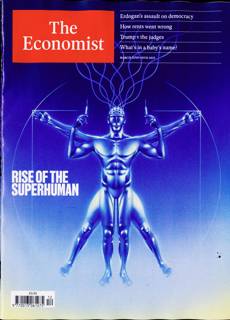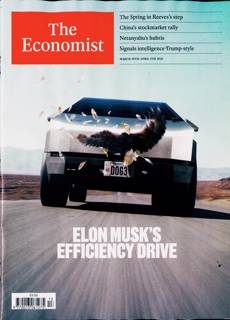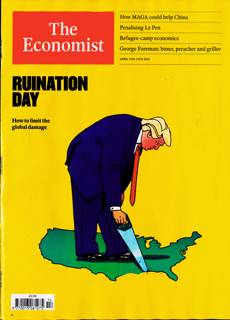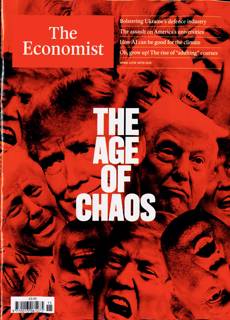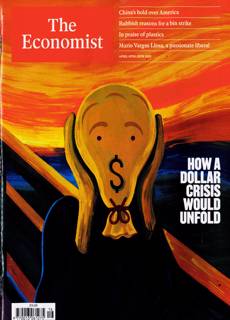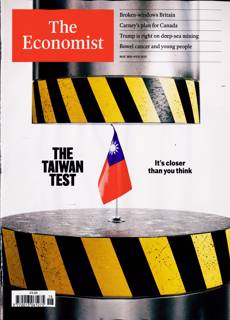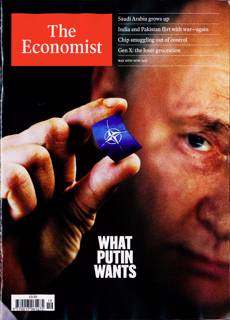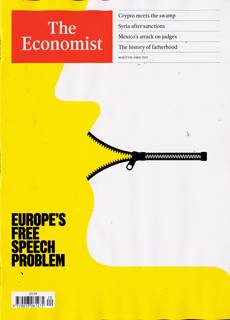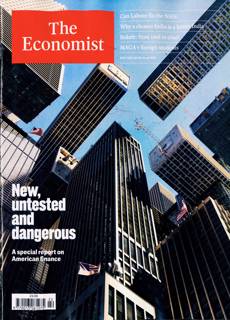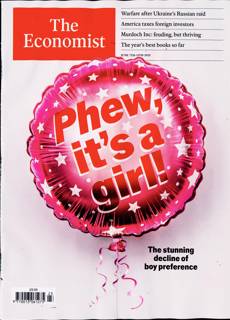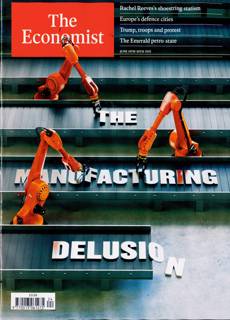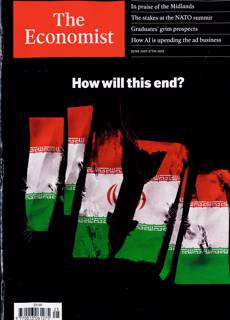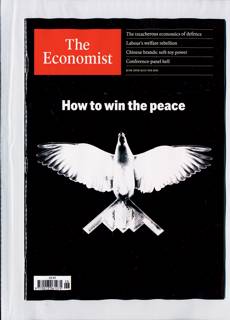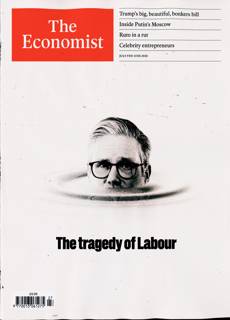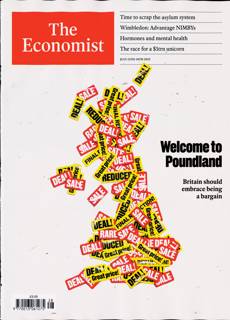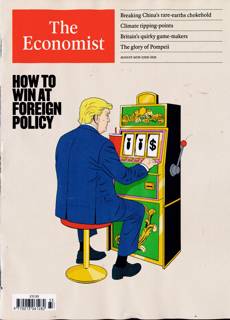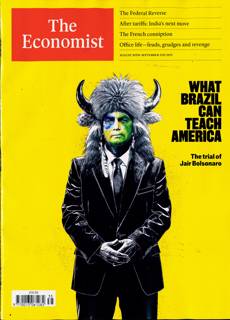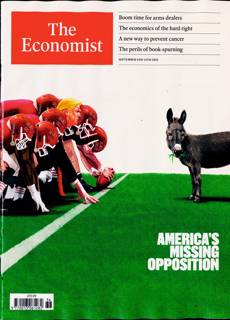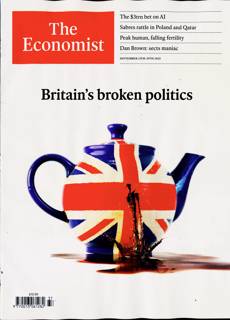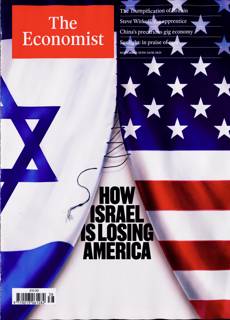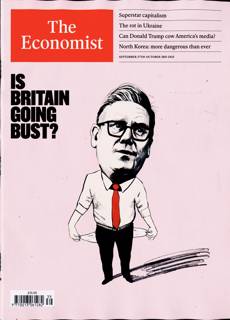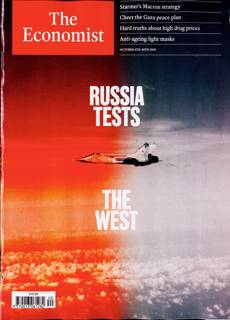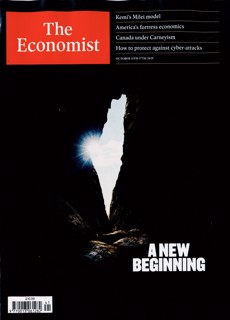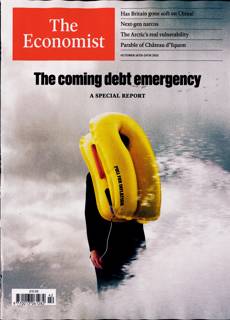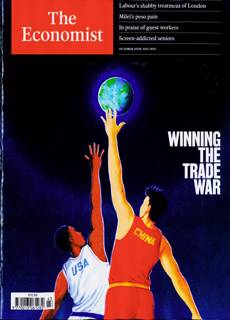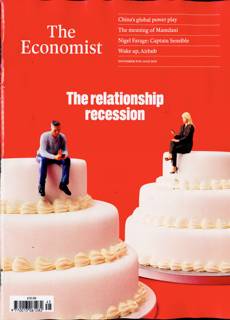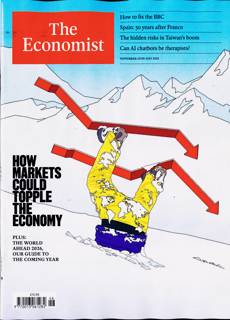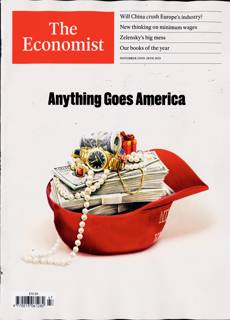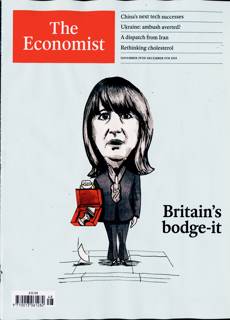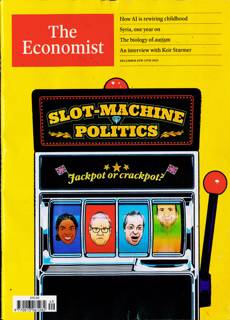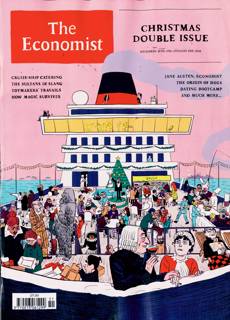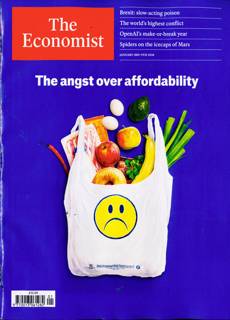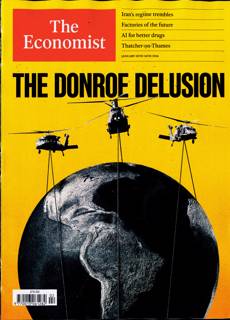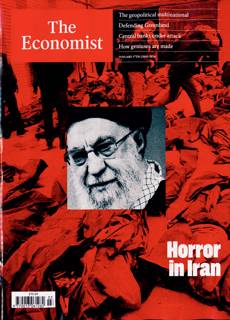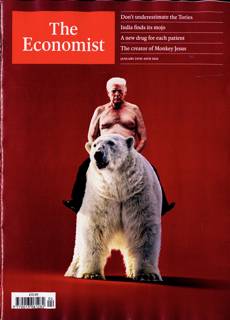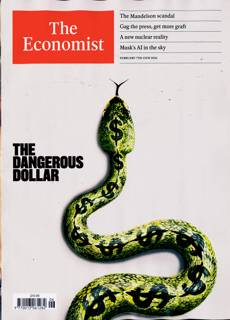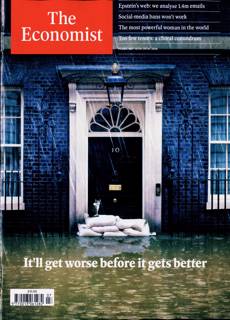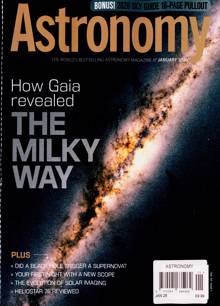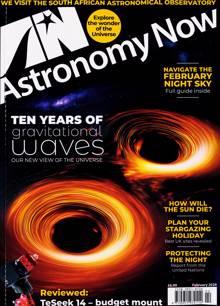Basket. 1.00

Pioneering Print Since 1898
Economist Magazine
For a weekly magazine it covers a huge amount of content from across the world, featuring coverage of finance, economic and monetary concerns from Britain, Europe, the USA, the Americas, the Middle East and Africa, Asia, China and International, with focused reporting from each of these. It also offers opinion and expert insight into the global finance and economics, analysis of business along with science and technology and even reviews of books and arts. If you are involved in the economic and finance sector then this is absolutely required reading, and an invaluable resource and guide to everything money related.
Buy a single copy of ECONOMIST or a subscription of your desired length, delivered worldwide. Current issues sent same day up to 3pm! All magazines sent by 1st Class Mail UK or 48 Hour tracked UK & by Airmail worldwide (bar UK over 750g which may go 2nd Class).
“Money, Money, Money, must be funny, in a rich man’s world.” So sang Abba way back in 1976, and the message within still holds true. The world of high-level finance is one that seems strangely distant to those of us who aren’t involved in it. The sums quoted and bandied about in magazines such as The Economist – an impressively serious and authoritative publication if ever we saw one – are almost beyond our comprehension.
Think, for a moment, of a pound coin. Now times it by five. That’s easy enough. Now think of 100 pound coins – it’s pretty large pile, but that is probably (far) less than you pay a month on all the various bills a typical household requires. Think of a thousand pound coins – it’s a bit of a struggle right? You can probably just about do that, but it might be a bit of a struggle. Individual pound coins are now hard to make out. Times that by one hundred, and you have £100,000. Now that’s a lot, it’s got to be the best part of a roomful of coins. Times it by ten, and you’ve got a million quid. Wow. You’re rich!
Such amounts are piffling, frankly. A billion is one thousand million, more pound coins that you could count in over a year. Probably. The human mind simply can’t relate such numbers back to the amounts relatable to life easily, and for their mastery of the ability to do this, no matter how messed up the world’s economics is, economic experts have our respects. NB
You may also like ...
- Copyright © 2026 Newsstand
- Terms & Conditions
- Privacy Policy
